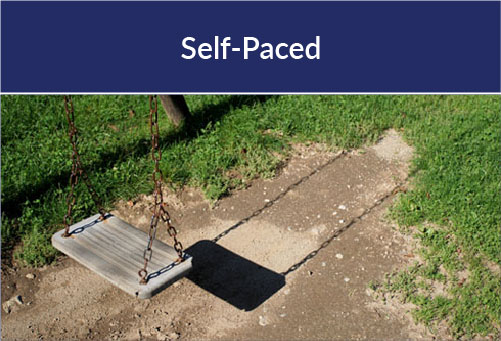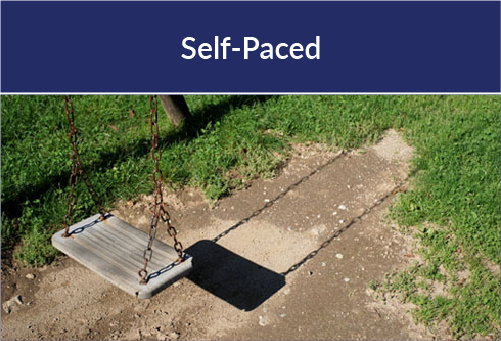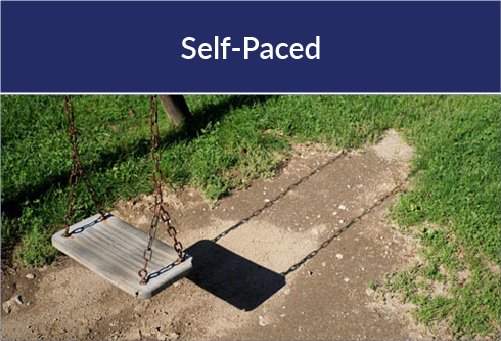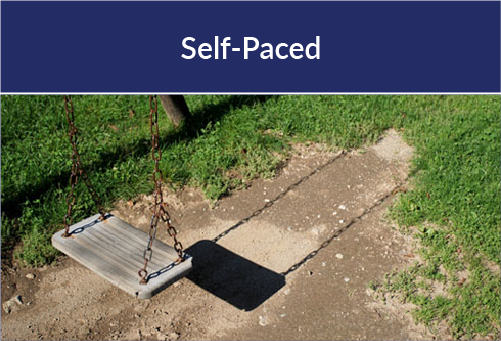


In the modern cyber-world, almost all criminal investigations have an online aspect that can be used to further investigations and more quickly solve otherwise difficult cases. Join us to examine open source online intelligence/information and learn how to leverage free platforms, databases, and web applications to strengthen criminal cases. Uncover little known facts and techniques to optimize results using online search engines and online internet resources, which will support your investigations and prosecutions. Learn how to complete and serve search warrants for a variety of electronic information and databases to further all types of investigations. Develop new skill sets to establish contacts and open-source intelligence networks to provide ongoing criminal and threat intelligence in your jurisdiction.

During these difficult times of social distancing and self-quarantine, there has been a dramatic increase in online activities by children, and a heightened concern for their safety by parents/guardians, educators, and child protection professionals. Kids and teens are unable to go to school, participate in sports or other activities, or hang out with their friends, and instead spend many hours in the online world. This webinar provides ICAC members and other child protection professionals with tools and resources to help parents/guardians and others create a safer environment for all children.

Learn about the Tribal Justice System Planning Process (TJSPP) principles and how a comprehensive tribal justice system strategic plan can improve public safety and the quality of life in your community. This online training course is designed for grantees who have not participated in the onsite TJSPP course, as well as non-grantee tribes.

Gather information on the structure and interdependent functions/roles of a CART program. Learn about protocol development and management, development and use of Memoranda of Understanding, CART composition, training including tabletop exercises and field scenarios, and CART certification standards. Examine a case study which integrates all topics covered for effective CART leadership.

Learn how to maintain support for the SORNA program, leadership and community buy-in and engagement, strategies for developing SORNA resources, and ideas for expanding supervision and monitoring of SORNA registrants.

Explore how to take the CART concept and bring it to life in your department. Is it a standard template for the pitching of the buy-in? Does my department need CART? Is it feasible? My CART doesn’t look like theirs? This webinar will address these questions and provide clarity on how to form an effective and a departmentally specific CART.

Criminal records of sex trafficking victims are known barriers to exiting sex trafficking situations. The link between committing crime while being a victim of sex trafficking, called forced criminality, has received little research attention. One aspect of forced criminality in sex trafficking situations includes ‘trick rolls’ which are the robberies of sex buyers. With the purpose of exploring forced criminality, this study examined 467 trick roll cases which are robberies conducted in a prostitution situation perpetrated by the sex seller, during one year in Las Vegas, Nevada. Trick roll cases involving sex trafficking victims were found to be more likely to involve multiple suspects (including their sex trafficker), begin at a bar/club or casino floor, involve the theft of more valuable items, more likely involve a weapon, and more likely to involve the injury of the sex buyer.

This first course in the Missing Child Investigations in Indian Country (MCI-IC) online training series introduces the series, and is specifically designed to support understanding of the six key challenges law enforcement officers and supporting agencies working in or with Indian Country communities often face when a child goes missing, including: Not having a clearly defined starting point for the investigation, proper identification and utilization of resources, increasing risk with the passage of time, the emotionally charged nature of the case, addressing and managing the media, and jurisdictional, geographic and cultural dynamics of investigative work in Indian Country.

The fourth course in the Missing Child Investigations in Indian Country (MCI-IC) online training series is designed to help law enforcement understand and apply processes in the first of four distinct phases in a missing child investigation in Indian Country. Phase 1 details the required actions of officers and supervisors who are first to arrive on scene.

The fifth course in the Missing Child Investigations in Indian Country (MCI-IC) online training series is designed to help law enforcement understand and apply processes in the second of four distinct phases in a missing child investigation in Indian Country. Phase 2 details actions in the rapid escalation of resources and investigative activities required to simultaneously address multiple avenues of investigation in a timely manner once the basic facts regarding the child’s disappearance have been obtained, and the information confirms the child has been abducted or is in danger.
